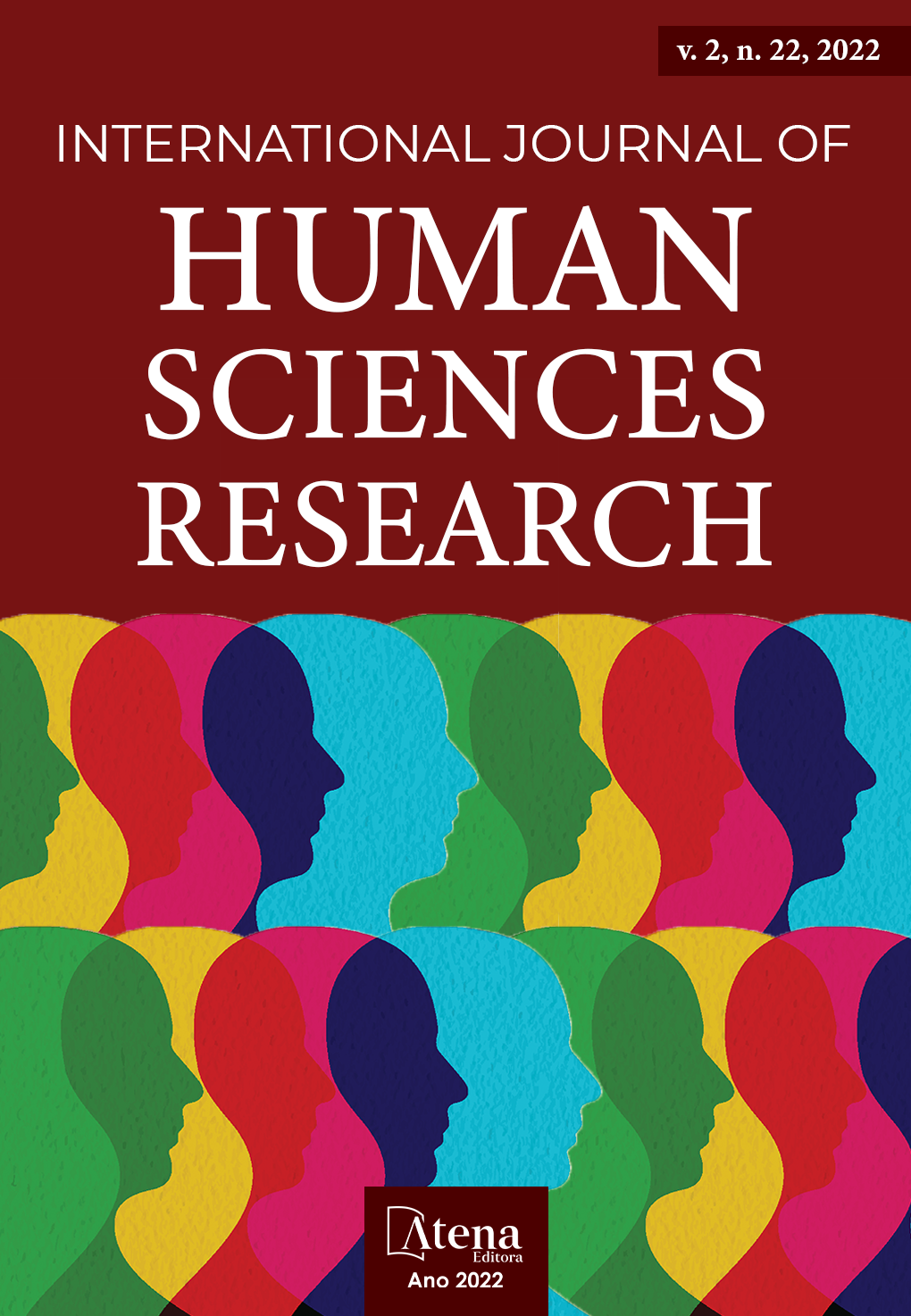
AN ALGORITHM FOR GENERATION OF ROUTES FOR COLLECTION OF SOLID WASTE IN THE CITY OF MANAUS USING IOT DATA
The Internet of Things (IoT) is currently being widely studied in the area of smart cities for sensing, locating, tracking and managing smart things. The generation of routes for solid waste collection trucks in the city of Manaus can be inserted into an Iot application. The vehicle routing problem deals with a set of minimum-cost vehicle routes, originating and terminating at a central depot, and has development heuristics. This work proposes an algorithm for generating multiple routes, using the time-oriented and nearest-neighbor heuristic, with a specified origin and destination for the collection of waste at collection points with different volumes, then presents the results of quantitative simulations. made from the proposed parameters, in addition to the routes, the distance traveled and the time required for each route.
AN ALGORITHM FOR GENERATION OF ROUTES FOR COLLECTION OF SOLID WASTE IN THE CITY OF MANAUS USING IOT DATA
-
DOI: 10.22533/at.ed.5582222219073
-
Palavras-chave: Iot 1. VRP 2. Nearest neighbor 3.
-
Keywords: Iot 1. VRP 2. Nearest neighbor 3.
-
Abstract:
The Internet of Things (IoT) is currently being widely studied in the area of smart cities for sensing, locating, tracking and managing smart things. The generation of routes for solid waste collection trucks in the city of Manaus can be inserted into an Iot application. The vehicle routing problem deals with a set of minimum-cost vehicle routes, originating and terminating at a central depot, and has development heuristics. This work proposes an algorithm for generating multiple routes, using the time-oriented and nearest-neighbor heuristic, with a specified origin and destination for the collection of waste at collection points with different volumes, then presents the results of quantitative simulations. made from the proposed parameters, in addition to the routes, the distance traveled and the time required for each route.
-
Número de páginas: 5
- Diego Menezes Lopes
- Moises Pereira Bastos
- Nayra Gomes Neves
- André Luis Soares
- Walter Andrés Vermehren Valenzuela


